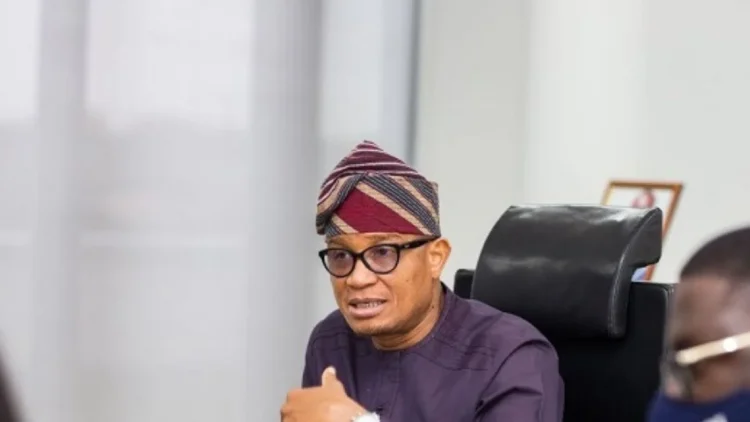The National Petroleum Authority (NPA) is concerned about the increasing cost of liquefied petroleum gas (LPG) and its impact on discouraging the use of fuel wood, especially in rural areas. Over the past few years, the price of LPG has risen significantly, from 5.81 cedis per kilogram in January 2020 to as high as 240 cedis currently for a 14.5-kilogram cylinder.
The LPG Marketers Association attributes this price hike to several factors, including rising world crude prices, a $80 per metric ton tax to support the government’s cylinder re-circulation model, and the NPA’s failure to reduce the premium for bulk distribution companies by $70.
This situation has raised concerns among consumers and experts, particularly since LPG, once subsidized to promote affordability, now carries multiple taxes and levies following subsidy removal.
Grace Zateh, a food vendor in Koforidua, highlighted that high LPG costs and other factors discourage her from using LPG. She mentioned, “The price of LPG is very high, so economically, it’s better for me to use charcoal. Also, some foods taste better when cooked on a coal pot, so customers prefer it. But if LPG prices come down with the Cylinder Recirculation Model (CRM), we may switch gradually.”
Addressing these concerns at the launch of the Consumer Week celebration in Koforidua, NPA CEO Mustapha Abdul-Hamid expressed worry over the rising LPG prices. He assured efforts are underway to make LPG more affordable, aiming for 50% of Ghanaian households to use LPG for cooking by 2030.
Abdul-Hamid emphasized the importance of reducing LPG prices to discourage reliance on fuel wood, particularly in rural areas where it remains a readily available option.
Regarding the Cylinder Recirculation Model (CRM), Abdul-Hamid outlined efforts to accelerate LPG distribution through supervised bottling plants and licensed cylinder exchange points. He described the CRM as pivotal for job creation, enabling various entrepreneurship opportunities, even for recent graduates.
Deputy Energy Minister Collins Adomako-Mensah reiterated the government’s commitment to expanding clean energy use, including the distribution of 28,000 LPG stoves and accessories across 13 districts. Eastern Regional Minister Seth Kwame Acheampong emphasized the flexibility of the CRM to enhance access to LPG without requiring consumers to purchase cylinders outright.
Acheampong called for continued investment to promote LPG usage awareness and accessibility, acknowledging the CRM’s role in bringing LPG closer to communities through cost-effective cylinder exchange points.
tigpost.co


